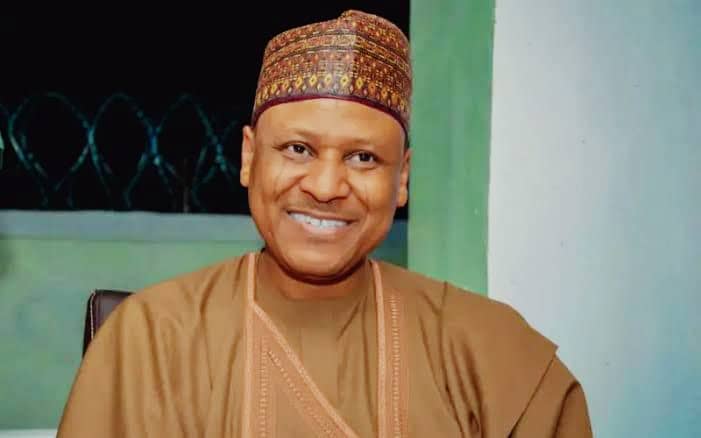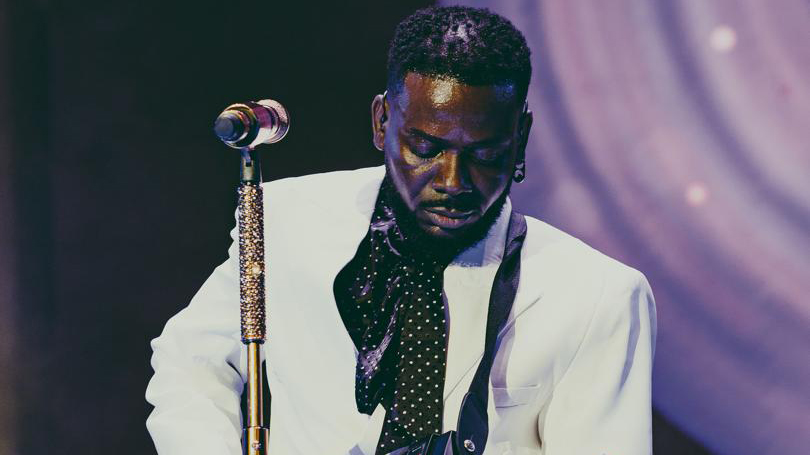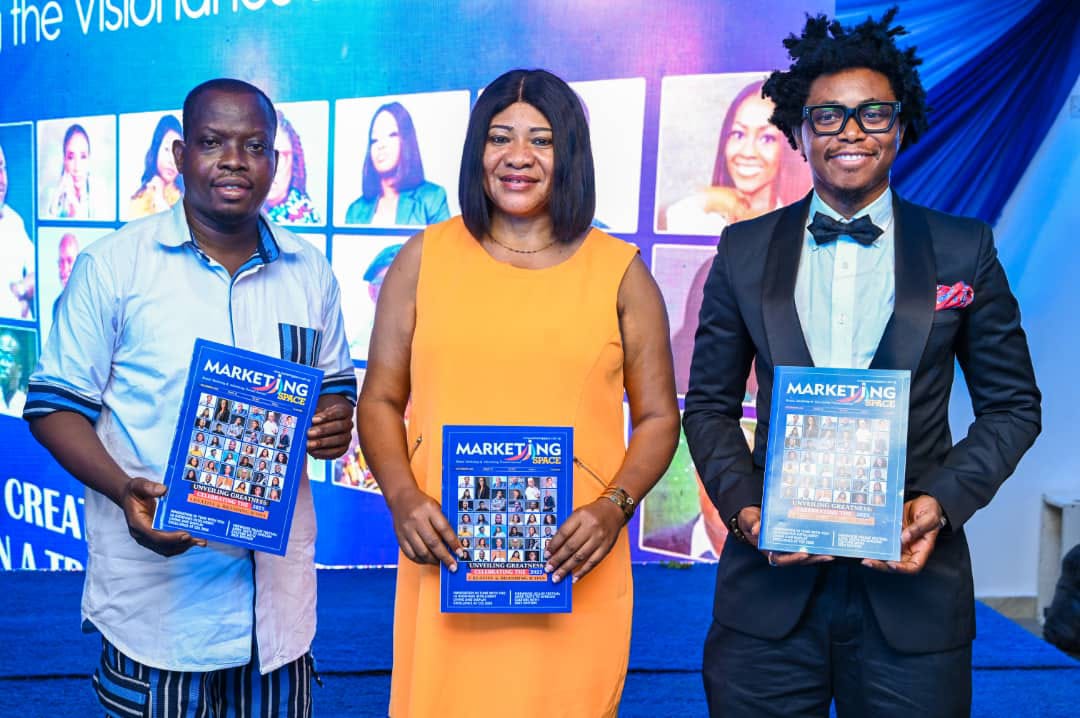
Following the emergence of Mohammed Idris Malagi as Minister of Information and National Orientation, media professionals and scholars have asked him to pay attention to critical areas that deserve utmost priority.
Such areas include safeguarding press freedom, safety of journalists, National Broadcasting Commission’s (NBC) clampdown on broadcast stations, addressing fake news, hate speech and welfare of journalists, among others.
Though the minister promised Nigerians there would be no room for lies and fake news, considering that President Bola Tinubu has given him a marching order to speak the truth, some media professionals expressed concern as successive ministers have failed to recognise the constitutional role of the media as Fourth Estate of the Realm.
Journalists and media workers are often victims of police brutality, harassment, torture, and sometimes, assassination in the course of doing their work.
Recall that the Federal Government on August 18, 2023 withdrew the accreditation tags of some 25 journalists and media houses from covering activities at the Presidential Villa, Abuja. The affected journalists were told at the main gate of the Villa to submit their accreditation tags.
This development received serious backlash from Socio-Economic Rights and Accountability Project (SERAP), seeking an order to direct and compel President Tinubu to reverse the revocation of accreditations and ban on journalists.
Similarly, a recent worrisome report released by a coalition of NGOs led by Press Attacks Tracker detailed over 70 attacks on journalists between January and August. The highest number of 69 occurred in February and March, which coincided with the 2023 general elections.
Describing the minister as a thorough bred professional, Deputy Managing Director, Arise News Channel, Emmanuel Efeni, does not expect anything less from the minister, who is publisher of Blueprint Newspaper and former general secretary Newspaper Proprietors Association of Nigeria (NPAN).
With reference to Section 22 of the Constitution, he said the press has an important role of holding public office holders to account, insisting the minister must ensure this is safeguarded.
But Deputy Executive Director, Media Rights Agenda, Ayode Longe, observed that ministers of Information in Nigeria actually act contrary to their nomenclature, so, rather than give information about the government and its policies, they allow themselves to be used as propaganda machines.
He noted: “They tell lies and make government media, which ordinarily should operate as public service to become government mouthpieces. Funny enough, Western countries do not have ministers or secretaries of information and you wonder why. And so, for a man or woman appointed to announce government propaganda, it is difficult for him/her to see the reason for press freedom because our governments do not believe in safeguarding any press freedom, but in covering their vices, they are not interested in carrying citizens along but how they can balkanise them and continue to enrich themselves at the expense of the masses.”
Concerning fake news and hate speech, Longe called on government, especially the Ministry of Information, to be on its toes.
The National Orientation Agency (NOA), he said, is under the Ministry and has offices in all the 774 local government areas.
With the spread of the NOA, he argued the ministry should be able to monitor any fake news (misinformation and disinformation) about the government and also respond timeously.
Speaking on the role NBC plays in the broadcast industry, he stressed the need for stakeholders’ roundtable to discuss issues and arrive at agreeable positions on how the Commission should operate in a manner that conforms to international best practices.
On protection of journalists, he suggested, “I will encourage the Minister to work with relevant agencies and associations such as, National Human Rights Commission, Nigeria Police Force, Public Complaints Commission, Ministry of Justice, Nigeria Union of Journalists, Nigerian Guild of Editors, National Association of Women Journalists, Broadcasting Organisations of Nigeria, Newspaper Proprietors Association of Nigeria and media freedom and advocacy groups to also sit together and find ways on how to ensure protection for journalists. I have taken time to list these groups because a multi-stakeholder approach is needed if we must find a lasting solution to the problem.”
In a similar vein, media trainer and rights activist, Chido Onumah, advised the new minister to uphold the laws and rules of the nation.
Saying it has to be a matter of political will, he said the minister must allow Nigerians and journalists have the freedom to express themselves.
To him, “in many places journalists are attacked, but the constitution protects the lives of Nigerians, not to talk of journalists who are doing their jobs. Journalists must practice without harassment or intimidation. Intimidation of journalists must stop immediately. Where it happens, law enforcement agencies must be engaged to ensure culprits are brought to book.”
To curtail fake news and hate speech, he cautioned against regulation, but canvassed media literacy.
He suggested, “we shouldn’t criminalise freedom of expression. I’m not a fan of regulation, but there is need to get citizens, particularly, the younger generation to get to know the dynamics of new media. It is a global challenge. Media literacy is important. The National Orientation Agency must engage in nationwide movement that target young people.
In some countries in southern Africa, as kids grow up, they are taught information literacy and fact checking. By the time they grow up, they will not only understand the nuances, they will be foot soldiers. Even adults or educated people share nonsense without verifying. We should do more of education than regulation.”
On her part, Chief Technologist in the Department of Mass Communication, Yaba College of Technology, Abidemi Gbekeloluwa, insisted the minister should respect the Constitution and accord practitioners same respect.
She advised, “he should see journalists and media practitioners as partners in progress.”
Speaking further, Gbekeloluwa said, “I would not subscribe to social media regulation. However, the minister could look in the direction of online accountability through stronger real-name policies and enforcement against fake accounts.
For instance, accounts should be opened with users’ real names as it appears on their birth certificates so that no one would hide under a pseudonym to spread fake or false news.”






